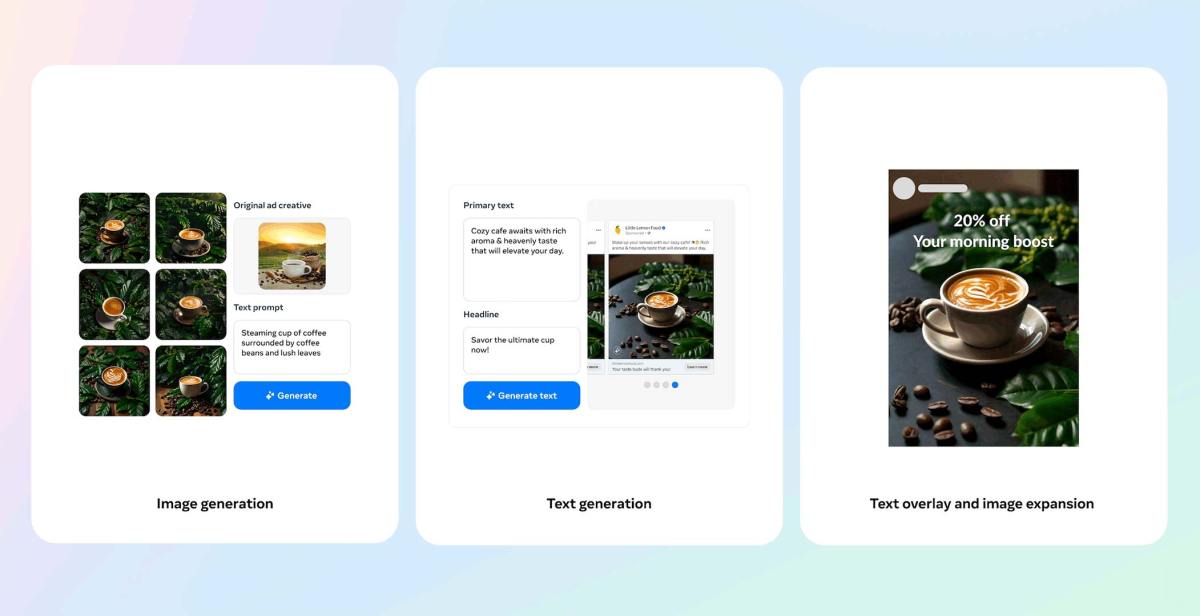Brazilian President Legalizes Gaming Industry with Groundbreaking Legislation
In a historic move, Brazilian President Luis Inácio Lula da Silva has signed into law the much-anticipated legal framework for the electronic games industry in Brazil. This milestone legislation aims to establish a solid legal basis for gaming activities in the country and foster the continuous growth of this burgeoning market.
The Need for Official Recognition and Tax Breaks
The gaming industry, being relatively young, has always faced the challenge of attaining the same level of cultural and government acknowledgment as other forms of entertainment. Moreover, securing tax breaks has been crucial for its sustainable development. This is due to the industry’s potential not only to generate revenue but also to pave the way for future job creation.
Amid these challenges, Rodrigo Terra, the president of Abragames in São Paulo, Brazil, shared his insights on the significance of this legislation. Stone by stone, the Brazilian Association of Digital Game Developers has been advocating for years for games to be officially recognized as an industry by the government, along with lobbying for essential tax breaks. Terra also highlighted the industry’s global benchmarks in countries such as Canada and South Korea, which provide favorable conditions for game development.
Empowering the Industry: A Game-Changing Survey
An illuminating survey revealed that in 2021, Brazil raked in a substantial $2.3 billion in gaming revenue, with an annual growth rate of 5%. With over 1,000 game studios and 12,000 skilled workers, Brazil proudly positioned itself as the 12th-largest game industry globally.
By 2022, Brazil emerged as the fifth-largest market for gamers worldwide, boasting 102 million avid players. Remarkably, while the global game industry saw a 5% decline in 2022, Brazil’s gaming sector expanded by 3.2%, as per the Brazil Game Survey of 2023.
With approximately 80% of the population engaging in gaming and PC/console enthusiasts clocking in an average of 5.12 hours per week, the Brazilian game industry paints a promising picture of growth and engagement.
A Collaborative Legislative Journey
The bill that culminated in this pivotal legislation was spearheaded by Brazilian senators Leila Barros and Flávio Arns, who actively sought insights from industry stakeholders, including Abragames. Certainly, the political momentum behind this legislation gained traction in 2021, countering previous objections from conservative voices within the government.
In advocating for their recognition as an industry, game companies have tirelessly lobbied the government to secure a standing that qualifies them for governmental collaboration. This recognition not only sets the stage for potential tax incentives but also underscores the profound impact of the industry on job creation and economic growth.
Shaping the Future of Gaming in Brazil
Recognizing the transformative potential of this legislation, Terra emphasized that the new legal framework positions games as a legitimate industry in Brazil. This shift not only dispels misconceptions but also propels the economic trajectory of the gaming sector for the coming decades.
With this legislation in place, Brazil stands poised to harness the full potential of its vibrant gaming industry, fostering innovation, economic growth, and job creation in the dynamic landscape of electronic entertainment.
Image/Photo credit: source url





